Apple 'has secret team working on virtual reality'
Company acquisitions and personnel additions lead some to believe tech giant has a secret team
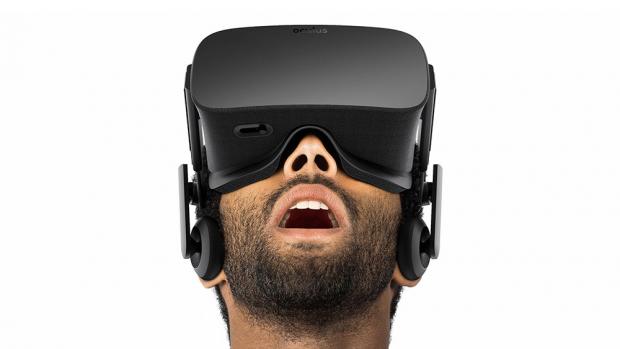
A free daily email with the biggest news stories of the day – and the best features from TheWeek.com
You are now subscribed
Your newsletter sign-up was successful
Apple has built up a large team of virtual reality technicians ahead of an assault on the market, according to a report in the Financial Times.
The tech giant has made a string of personnel additions recently, many of them with backgrounds in developing virtual and augmented reality devices and interfaces. MacRumors says it could have "hundreds of employees" making up a secret research unit dedicated to exploring the technology and how the company can use it.
The rumours were stoked by reports that Apple has acquired an augmented reality start-up by the name of Flyby Media, a company that has worked with Google on AR projects before. It has also acquired several other VR and AR start-ups over the last couple of years.
The Week
Escape your echo chamber. Get the facts behind the news, plus analysis from multiple perspectives.

Sign up for The Week's Free Newsletters
From our morning news briefing to a weekly Good News Newsletter, get the best of The Week delivered directly to your inbox.
From our morning news briefing to a weekly Good News Newsletter, get the best of The Week delivered directly to your inbox.
Apple also made a recent high profile addition in the form of former Virginia Tech professor Doug Bowman, described as a leader in the field of 3D interfaces.
This would be the company's second foray into virtual reality - a similar project in the mid-2000s led then chief executive Steve Jobs to deem the technology was too "immature" to make a real impact with consumers.
Last week, current boss Tim Cook said he thought that virtual reality "had some pretty cool applications", sparking rumours the company has warmed to the technology enough to deem researching it valuable.
According to the International Business Times, Apple has developed headset prototypes over the last few months, but it is unknown if the research is going into a premium devices like the Oculus Rift and HTC Vive or a cheaper smartphone-based alternative similar to the Samsung Gear VR or the rudimentary Google Cardboard. They also ponder the idea that any head-tracking research by Apple could eventually feed into their long rumoured car project.
A free daily email with the biggest news stories of the day – and the best features from TheWeek.com
If the rumours of an underground team are true, why act so secretive when big rivals such as Sony and HTC are stealing the spotlight?
"As it did with the Apple Watch, though, it looks like Apple is definitely sitting back and waiting to see how consumers react to the current batch of headsets," says the Huffington Post.
Were Apple to enter the world of virtual reality, it could become an important part of their product portfolio, especially considering the smartphone market – now responsible for 68 per cent of Apple revenues – is slowing.
The smartphone is "dealing with the realities of a maturing market", says Forbes, in their assessment of how Apple can justify an entry into VR. The company's "late but better than the rest" tactic has worked in the past for other products and it would seem any virtual reality applications it wishes to bring to market via secretive research will have to follow the same strategy.
Is Apple making a virtual reality headset?
28 January
Analysts believe Apple could be interested in developing a virtual reality headset, following positive comments regarding the technology and its potential applications by company boss Tim Cook.
The tech giant's chief executive was taking questions after Apple revealed their latest figures earlier this week when he was asked if he thought virtual reality was "more of a geeky niche or something that could go mainstream".
In response, he said he thought VR was "really cool and has some interesting applications".
The comments aren't in any way a confirmation that Apple is developing a consumer virtual reality headset, but speculation has mounted on the internet, nonetheless.
The Guardian says Cook's "really cool" doesn't suggest a move into the virtual reality market but highlights that the company is taking the technology seriously "and not just as an uninvolved observer".
In 2015, Apple partnered with headset developer Oculus to send headsets out to U2 gigs so fans could try out the technology. Participants were shown a 360-degree U2 music video, created by Apple and the VR company, Vrse.works.
These are only short dabbles into the tech, but it means the company has first-hand experience of creating VR content.
There's more, though. "Where there's smoke, there's usually fire," says Pocket Lint, pointing to several other interesting caveats regarding Apple's potential interest in virtual reality.
The company has made a string of personnel additions in the last couple of years, poaching engineers and developers with some form of VR experience. According to a report in the Financial Times, adds Pocket Lint, Apple recently took on Doug Bowman, a former professor at Virginia Tech who is described as being "a leader in the field of 3D interfaces".
It has also poached Nick Thompson from Microsoft, who had been a principal engineer on the Hololens headset development programme.
Added to this, Apple has also acquired a number of smaller companies that operate in VR and augmented reality technologies, such as German software company Metaio.
Patents aren't always a reliable indicator of products coming to market, but they can signal that a company holds a particular interest in a certain type of technology. In 2007, Apple filed a patent outlining a "goggle system for providing a personal media viewing experience". The patent, unearthed six years later, in 2013, describes the goggles as having lenses similar to those found in the headsets being developed now and being capable of displaying 3D images.
More recently, a patent submitted by Apple in 2015 hints at far more humble ambitions for any future virtual reality products from the company. It shows a cheaper design much like the Samsung Gear headset in which an iPhone can be mounted as a display. Patently Apple says it also has a "picture-in-picture" feature so users can "keep an eye on their outside surroundings".
Away from VR, the tech giant has also hinted strongly that it is interested in augmented reality, which allows users to see the real world and build virtual structures and items on it. The Google Glass is an example of a 2D augmented reality headpiece, while Microsoft's under-development Hololens puts the technology into three dimensions.
From this, Apple has filed a patent for an "Adaptive projector" mated to a set of goggles. The patent illustration shows a book being flicked through, filled with virtual pages, and The Independent says the projector would mean computers could be made to work without monitors, the display being fully augmented by the projector.
What would justify Apple's entry into the virtual reality market? In the opinion of TechRadar, the company's over-reliance on the iPhone for sales (it now accounts for 68 per cent of all its revenues), means diversifying income streams is vital should the smartphone market go south. New, exciting products such as VR headsets could stack up against the Apple Watch and Apple TV in their "other" category. The money generated from these products is miniscule compared to the iPhone, but "it's home to arguably Apple's more innovative and interesting products".
Apple is usually late to the market, adds TechRadar, but in the case of virtual reality, the company runs a great risk of "falling too far behind", being of the opinion it probably already has a prototype VR headset "ready to go".
Others warn we shouldn’t be prepared for an Apple VR product, though.
Regarding Tim Cook's comments, Stuff says "make of it what you like" and adds that "the internet is already convinced" regardless of what information ebbs and flows. The tech website does allow for some speculation, however, saying that this year or next would seem the most logical timeframe for an announcement from Apple considering the VR competition is already well and truly underway.
-
 Political cartoons for February 19
Political cartoons for February 19Cartoons Thursday’s political cartoons include a suspicious package, a piece of the cake, and more
-
 The Gallivant: style and charm steps from Camber Sands
The Gallivant: style and charm steps from Camber SandsThe Week Recommends Nestled behind the dunes, this luxury hotel is a great place to hunker down and get cosy
-
 The President’s Cake: ‘sweet tragedy’ about a little girl on a baking mission in Iraq
The President’s Cake: ‘sweet tragedy’ about a little girl on a baking mission in IraqThe Week Recommends Charming debut from Hasan Hadi is filled with ‘vivid characters’
-
 Will AI kill the smartphone?
Will AI kill the smartphone?In The Spotlight OpenAI and Meta want to unseat the ‘Lennon and McCartney’ of the gadget era
-
 Is Apple’s Tim Cook about to retire?
Is Apple’s Tim Cook about to retire?Today's Big Question A departure could come early next year
-
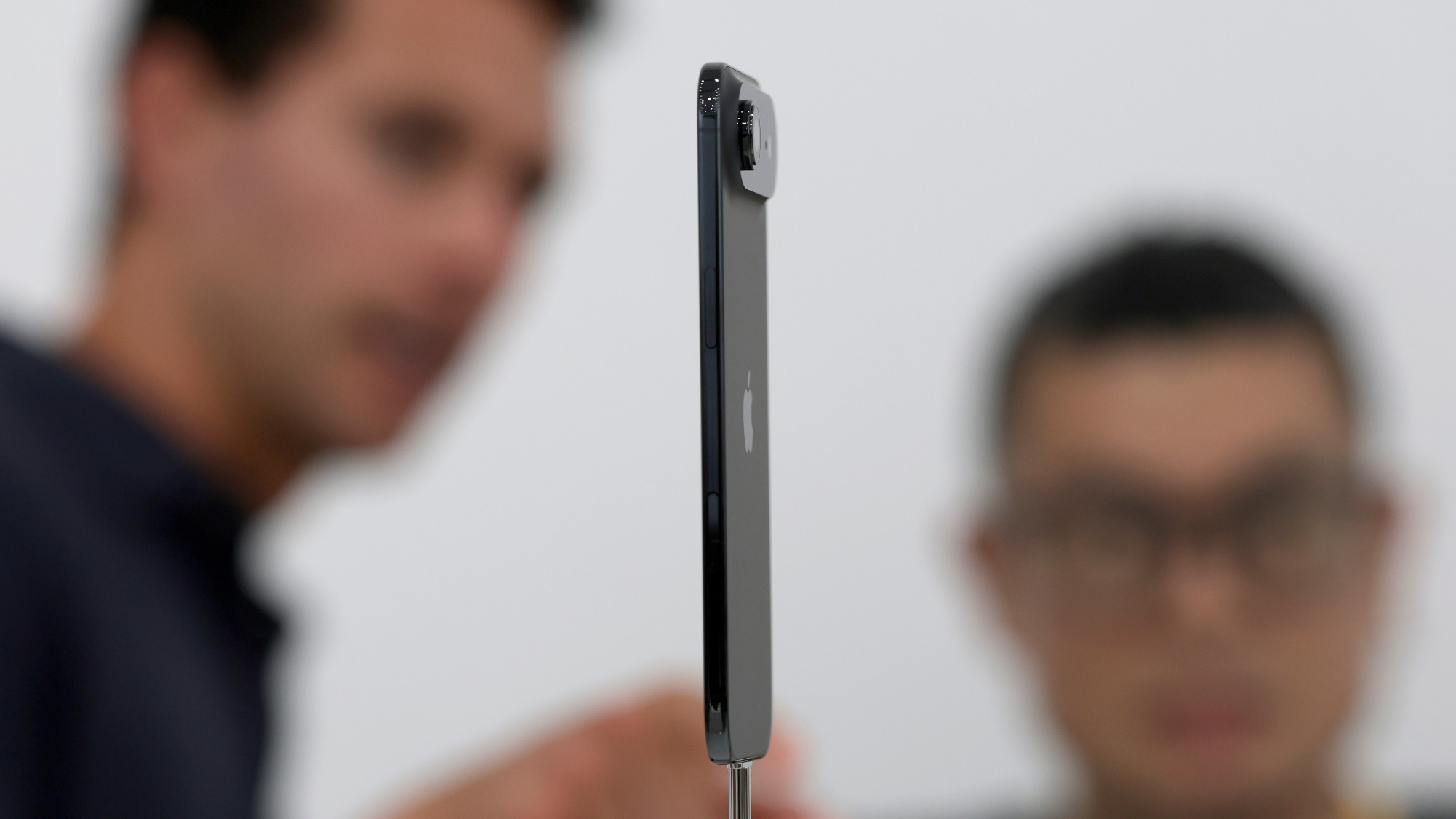 iPhone Air: Thinness comes at a high price
iPhone Air: Thinness comes at a high priceFeature Apple’s new iPhone is its thinnest yet but is it worth the higher price and weaker battery life?
-
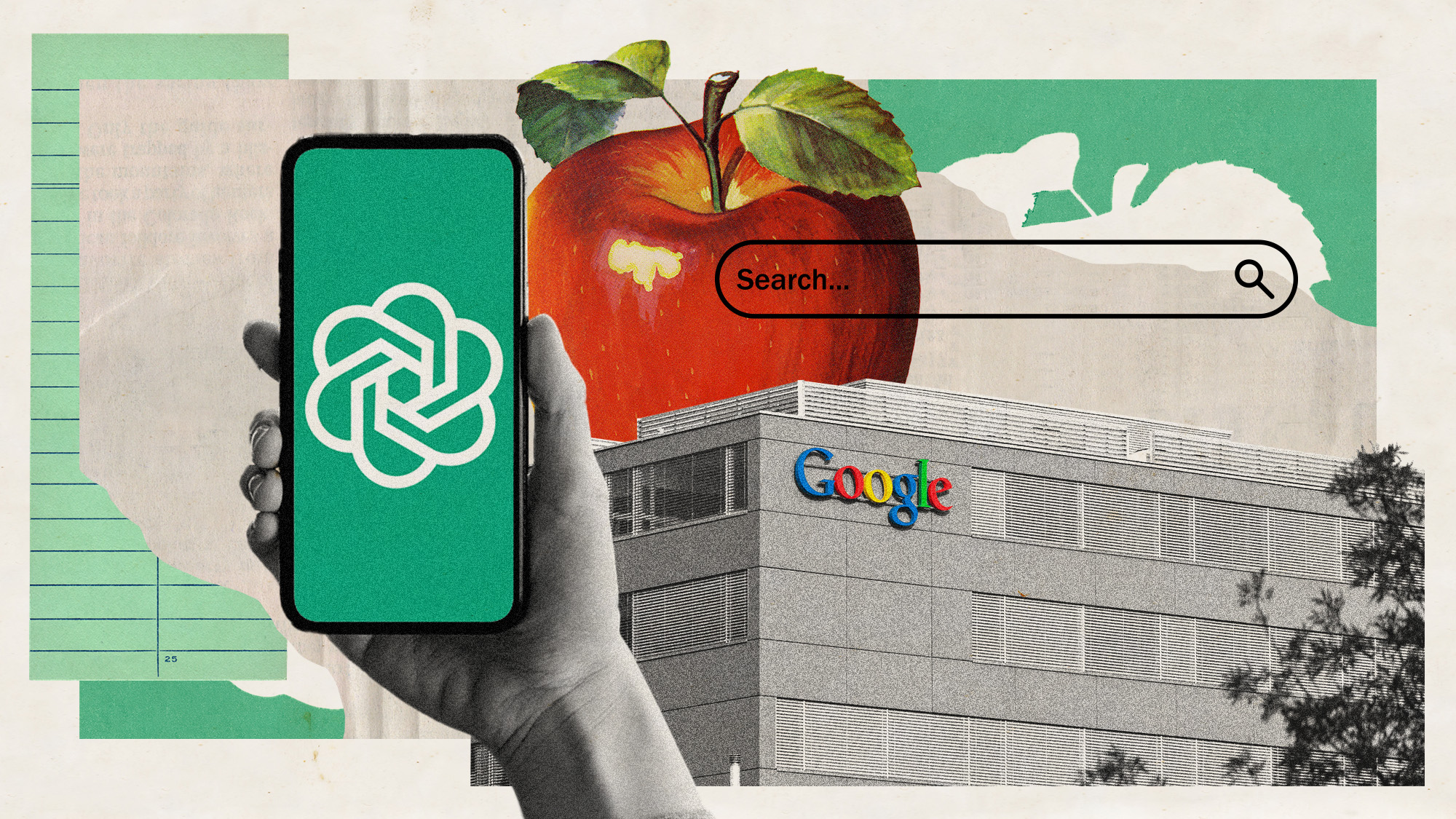 Is Apple breaking up with Google?
Is Apple breaking up with Google?Today's Big Question Google is the default search engine in the Safari browser. The emergence of artificial intelligence could change that.
-
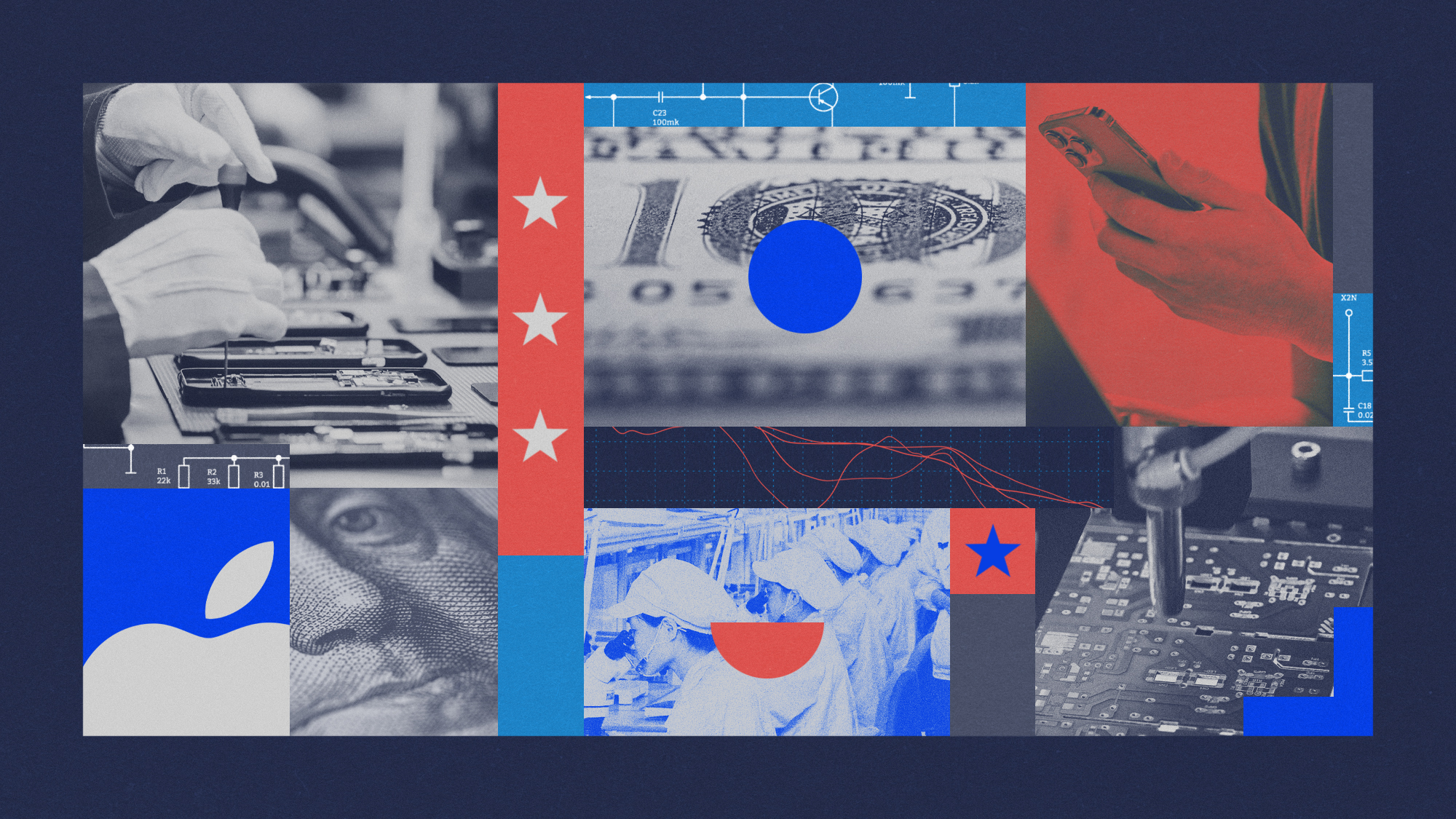 Why won't Apple make iPhones in America?
Why won't Apple make iPhones in America?Today's Big Question Trump offers a reprieve on tariffs, for now
-
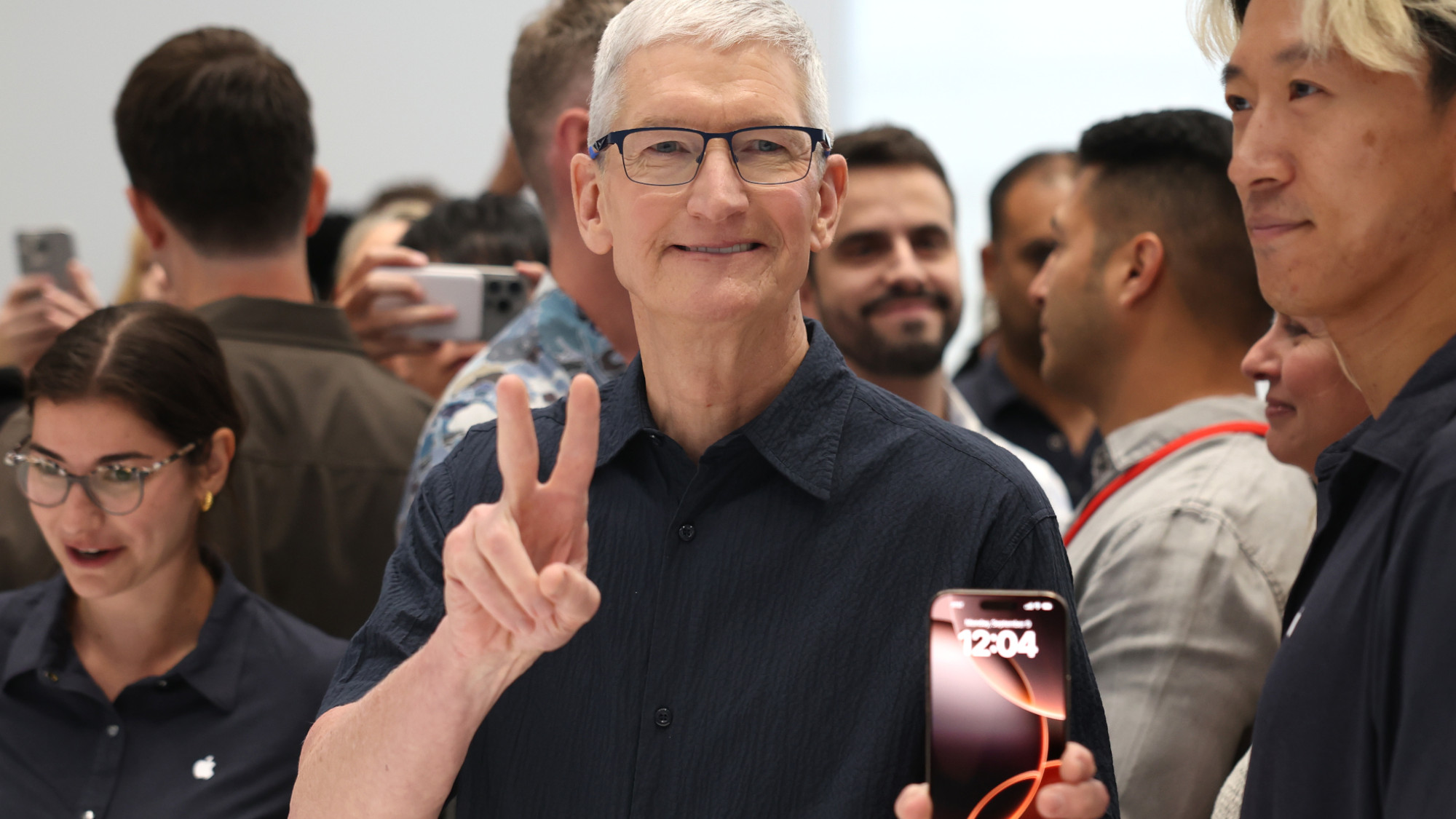 Not there yet: The frustrations of the pocket AI
Not there yet: The frustrations of the pocket AIFeature Apple rushes to roll out its ‘Apple Intelligence’ features but fails to deliver on promises
-
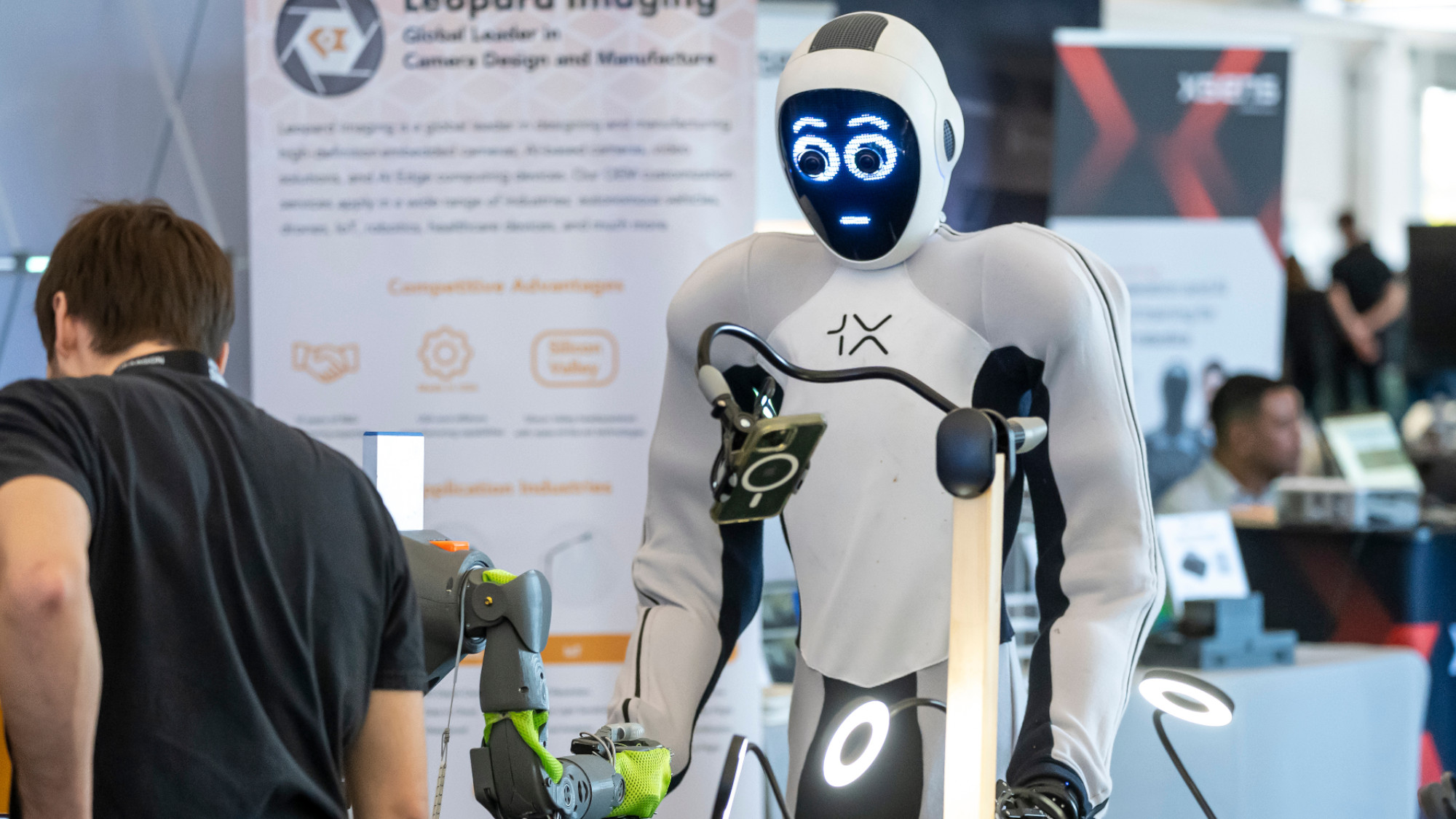 Space-age living: The race for robot servants
Space-age living: The race for robot servantsFeature Meta and Apple compete to bring humanoid robots to market
-
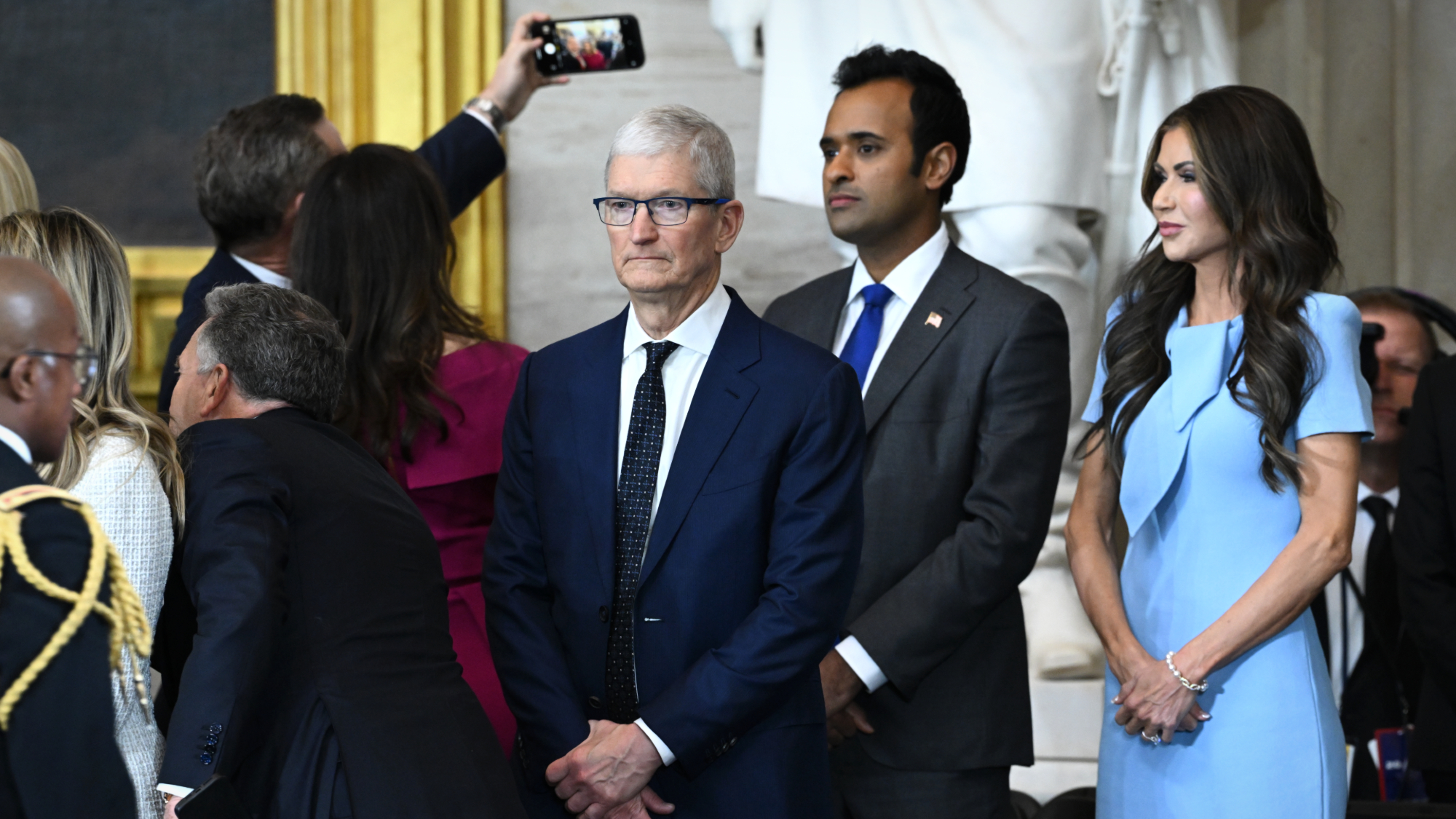 Apple pledges $500B in US spending over 4 years
Apple pledges $500B in US spending over 4 yearsSpeed Read This is a win for Trump, who has pushed to move manufacturing back to the US